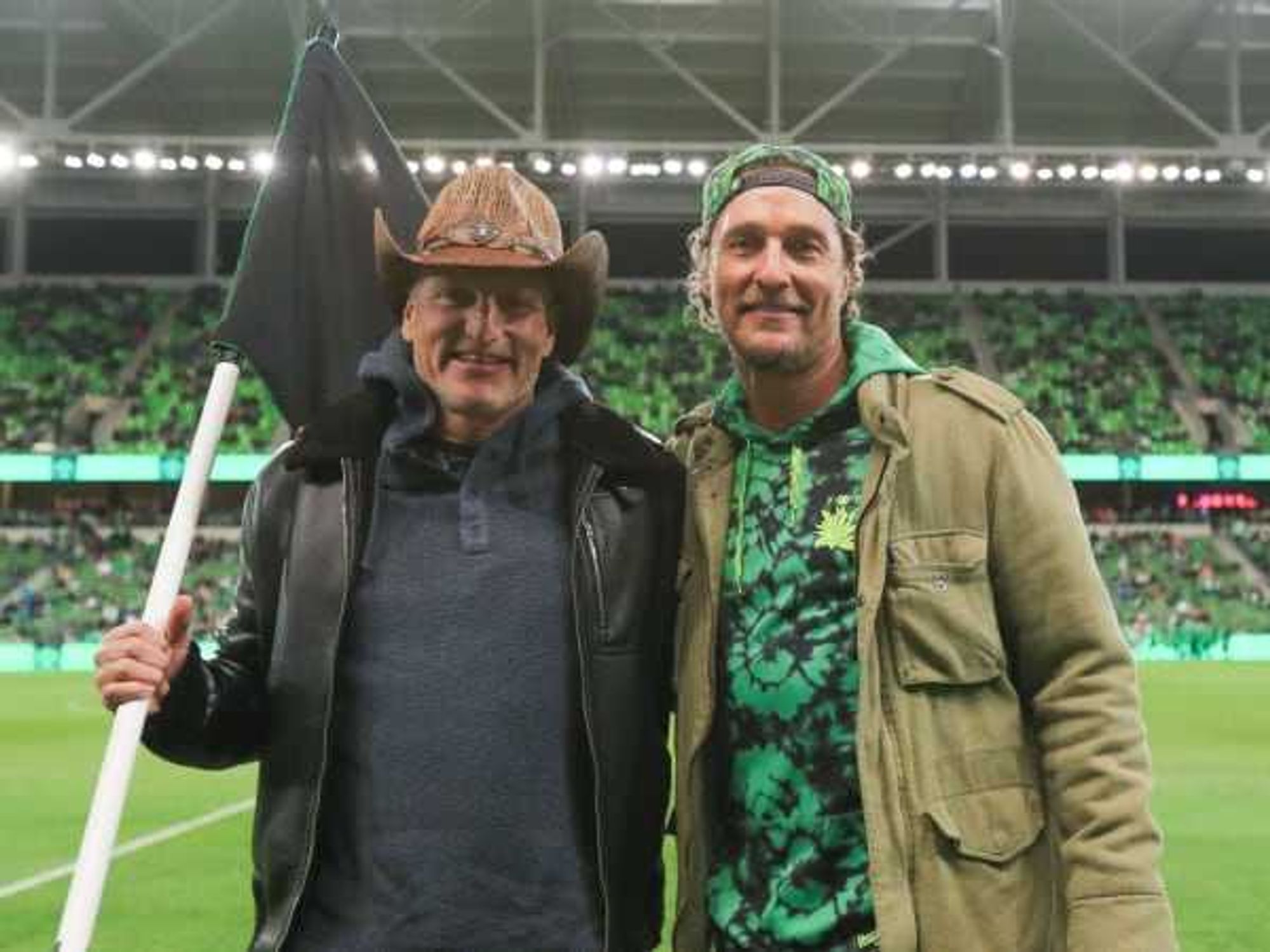Cinephilia
Monsters gone soft: Drive and the state of genre film
Sep 25, 2011 | 5:53 pm
We used to have real monsters. Genre films, B-movies and drive-in fare, where somewhat competent audience surrogates were picked off one by one, by barely-glimpsed otherworldly beings—either some sort of supernatural creatures or unstoppable human killing machines. Fantastic Fest, running through this Thursday at the Alamo South Lamar, is billed as “the largest genre fest in the world,” certainly represents a great opportunity to see all of these things and more.
But for the rest of the year, we have to pick and choose genre movies from the multiplexes' regular stock. And recently, the monsters have effectively stopped killing, and worse, started talking about their feelings. Vampires, a film staple since the silent era, are the worst offender, falling in love with humans in the Twilight movies and tv shows like The Vampire Diaries.
Werewolves have fared no better: Twilight saw fit to neuter them as well, and as a result the recent relaunch of Teen Wolf as an MTV show is predictably more about heart-throbbery than about wolfing out—the original Michael J. Fox film at least had the decency to be campy.
Zombies, while certainly never lovable (and decently off-putting in the AMC hit series The Walking Dead), are more likely to be mined for laughs than terror these days: films like Shaun of the Dead and Zombieland used them mostly as the butt of the joke. There's even a film being made of the gag-book Pride & Prejudice & Zombies, as if they were just a humorous afterthought.
So where do we turn in these times of ineffectual monsters? Straight up horror films have certainly kept to the same formula, but now all too often that formula ends in failure, as the last decade has seen mostly overly glossed remakes of the classics like Friday the 13th, or The Texas Chainsaw Massacre, or a string of remakes of technology-panic films from Japan in the wake of 2002's The Ring's success, with severely diminishing returns. We're supposed to be scared of 'One Missed Call'?
All we have left are the monsters we find within. Nicolas Winding Refn's Drive, released to universal acclaim last week, is a minimalist, hyper-styled look at a man reduced to his primal nature to battle the sinister machinations of ordinary human beings. It finds power in simplicity and monstrousness in unexpected places, so it couldn't have come at a better time.
Ryan Gosling plays a Los Angeles stuntman and getaway driver for hire. Even the mechanics of movie heists are stripped down to their bare bones—he doesn't help people rob, he just drives. A nearly mute character, he falls for his neighbor Carey Mulligan, and ends up having to protect her from a local crime boss, played with revelatory menace by Albert Brooks. Drive is a throwback to the nearly silent, grindhouse movies about manly men dealing with problems with grim silence and ready violence. It uses a pulsing, eighties-inspired score by Cliff Martinez to achieve a heightened mood. Combined with the minutes-long shots and pregnant silences of Gosling's performance, it creates an anxious tension.
And since we don't have any monsters around to deflate that tension by jumping suddenly into the frame, Refn shocks us with flashes of violence worthy of the early days of Sam Peckinpah (who set a new barrier for realistic gun violence with 1969's The Wild Bunch). So as the traditional genre film monsters devolve into soap-opera-worthy melodrama, Refn's Drive stands as a bold return to the one type of genre film that's fallen out of vogue the most: the Western. Walter Hill once claimed that every film he's made has been a Western, and the same is true of Refn's work to date, especially the nearly silent, brutally violent Valhalla Rising.
Drive is an acid-trip of a movie, a true retro vision that creates an austere atmosphere of reflective silence and then explodes it with the sound of an engine, or the shot of a gun. Albert Brooks is a genius bit of casting: he radiates a smug, controlling condescension that's purely opposed to Gosling's guileless pragmatism. Once money is involved, the walls start coming down around our nameless hero, and much like the nameless stranger in many famous Westerns, he's forced to find the monster within himself. And it's as terrifying and brutal as they come.
---
Drive is in theaters now, and odds are great it will be in the 'repertory' section of a future Fantastic Fest.
